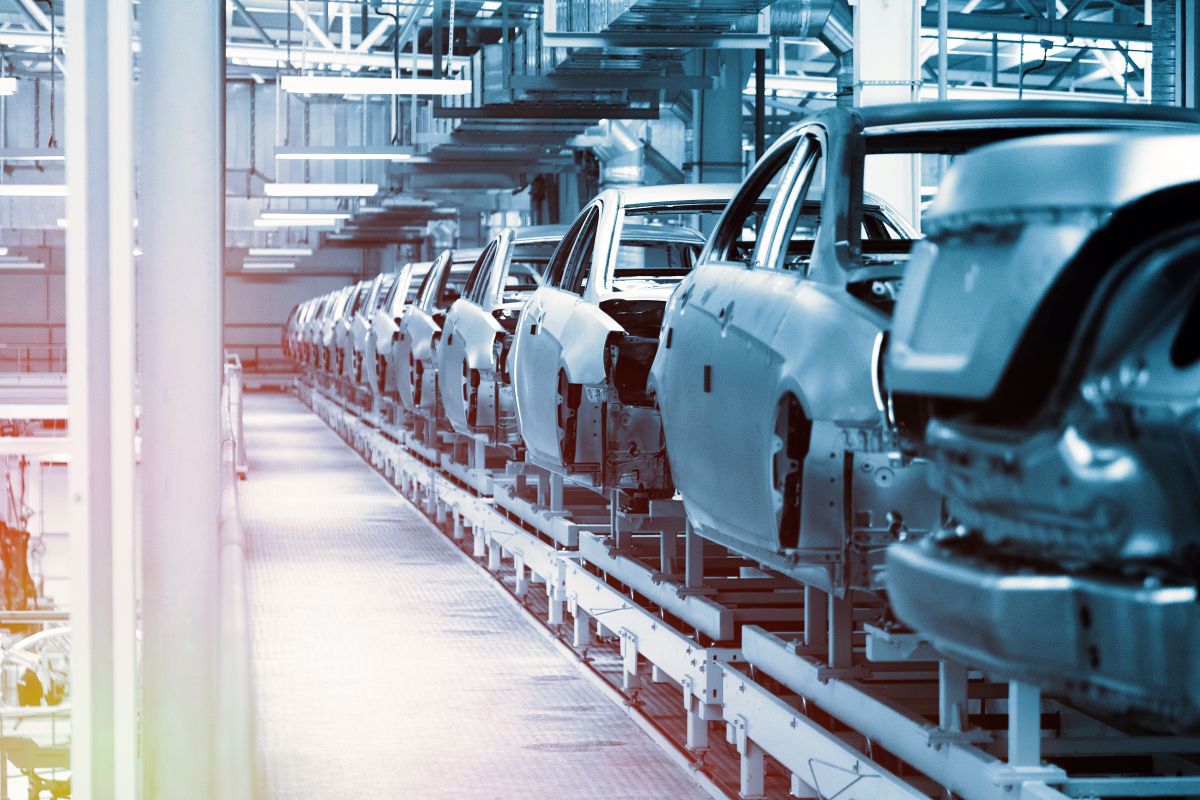The last few weeks have seen major changes in the automotive sector. There are global challenges and some good news for Portugal.
In March, it was announced that Volkswagen's new electric car model, the ID.EVERY1, which promises to be a European game changer, will be manufactured in Portugal. The European Commission also announced the Action Plan to boost innovation, sustainability and competitiveness in the European automotive sector. A few days earlier, CALB - China Aviation Lithium Battery announced a major investment in a gigafactory in Sines, dedicated to the manufacture of batteries for electric vehicles. These announcements, among others, demonstrate Portugal's attractiveness as a destination for investment in the automotive sector and an important link in its value chain.
Helder Barata Pedro, Secretary General of the Portuguese Automobile Association ACAP, argues that the ‘energy transition and renewal of the car fleet are the sector's main challenges’. For José Couto, president of the Automotive Manufacturers Association, ‘the vocation of this cluster is clearly export, which means choosing a path where you constantly have to compare yourself with the best.’ Jorge Rosa, President of Mobinov, said that ‘Portugal has strong growth potential in Europe, especially in countries with high adoption of sustainable technologies’, highlighting Germany, France and the Nordic countries.
This issue of Portugalglobal takes a look at this sector in transformation and presents some success stories from the Portuguese industry: Almadesign, Bosch, Couro Azul, Critical TechWorks, i-charging, Infinite Foundry, Optimal Group, Simoldes and Sodecia.
The market being analysed is Germany, a strategic partner undergoing rapid change. Few developed countries have experienced such a change in socio-economic circumstances as Germany in the recent past. After decades of betting on the energy transition promoted by former Chancellors Schröder and Merkel, namely through a focus on renewable energies, and a few years of Zeitenwende - a sense of historic urgency in changing times, proposed by the still Chancellor Scholz - we have arrived at a new reality.
Read the full article here.




